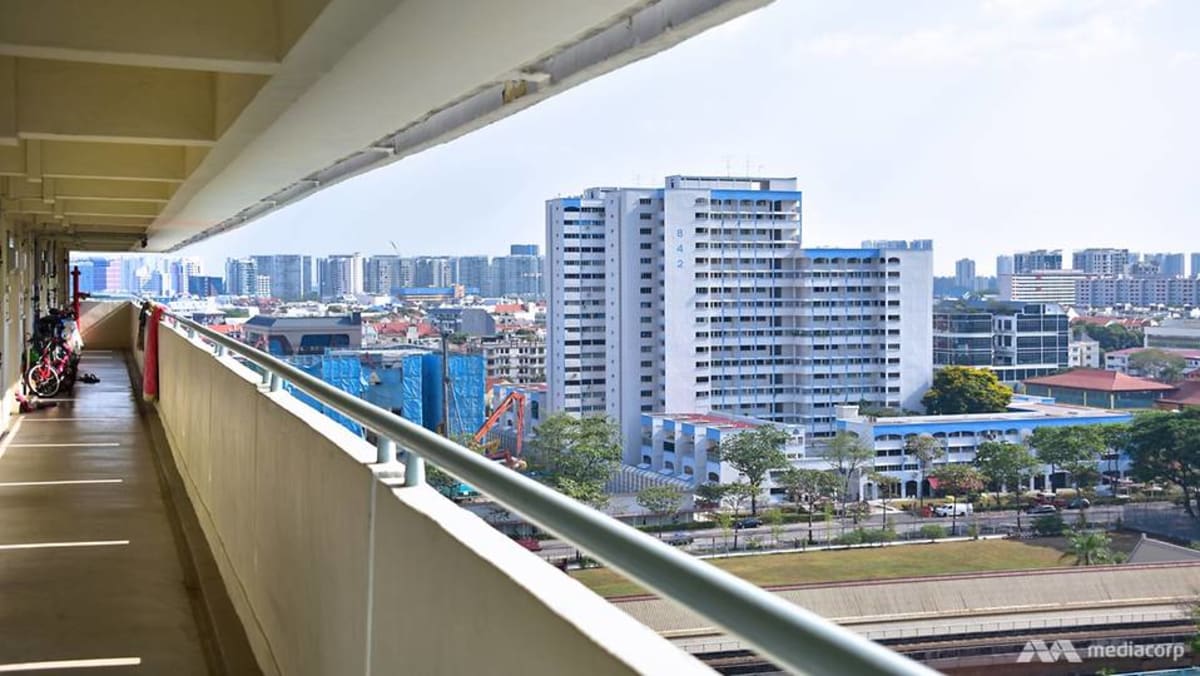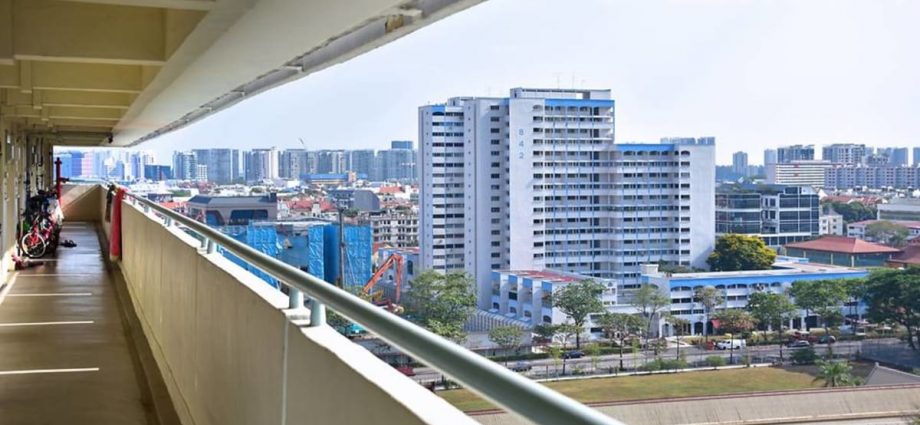
SINGAPORE: If you’ve ever wondered how much noise your daily activities cause to your neighbours, you can experience it for yourself soon – at an experiential space set up by the Municipal Services Office (MSO).
“The experiential space will allow visitors to test first-hand how different actions create different decibel levels of noise, and to challenge their perception on the direction of the noise,” said Senior Minister of State for National Development Sim Ann during the Committee of Supply debate on Thursday (Mar 2).
Ms Sim said that the feedback provider who suffers from noise can only describe its effect, and often after the fact.
“Without the neighbour’s cooperation, it is hard to find out for sure whether and how the neighbour has caused the noise,” she said.
This may sometimes lead to speculation from residents during noise-related disputes, said an MSO spokesperson.
MSO will also look to educate visitors on actions that can be taken to reduce the noise impact on neighbours. It said it is unable to provide examples of the types of noise that visitors can experience as it is still planning the space.
The experiential space is expected to open to the public in the second half of this year.
The idea came from a visit by the Community Advisory Panel on Neighbourhood Noise to a research facility in South Korea, where there was a dedicated space for visitors to understand various kinds of inter-floor noises.
The advisory panel was set up in April last year to define what is deemed as acceptable and unacceptable noises and noise thresholds, as well as what constitutes good community norms to reduce noise disturbances.
In particular, it looked at noise from neighbours and congregational noise in common areas. The panel submitted its recommendations to the Government in November 2022, following engagement with the community to gather public views and suggestions.
On Feb 27, Second Minister for Law Edwin Tong said that disputing neighbours in some cases, such as those involving noise, will be required to go for mandatory mediation, with penalties imposed on them if they fail to show up, as part of the Ministry of Law’s efforts to improve the take-up of mediation among disputing neighbours at an early stage.
Mr Tong said that disputes related to noise make up the vast majority of neighbourly disputes.

